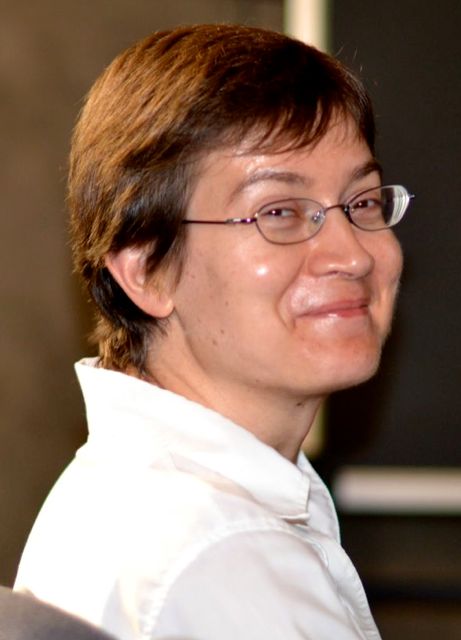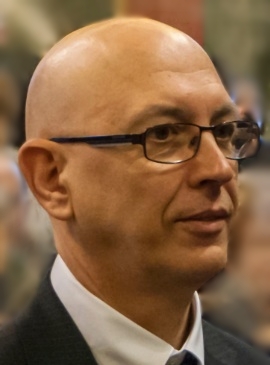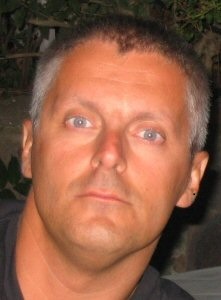Studying at the University of Verona
Here you can find information on the organisational aspects of the Programme, lecture timetables, learning activities and useful contact details for your time at the University, from enrolment to graduation.
Academic calendar
The academic calendar shows the deadlines and scheduled events that are relevant to students, teaching and technical-administrative staff of the University. Public holidays and University closures are also indicated. The academic year normally begins on 1 October each year and ends on 30 September of the following year.
Course calendar
The Academic Calendar sets out the degree programme lecture and exam timetables, as well as the relevant university closure dates..
For the year 2001/2002 No calendar yet available
Exam calendar
Exam dates and rounds are managed by the relevant Science and Engineering Teaching and Student Services Unit.
To view all the exam sessions available, please use the Exam dashboard on ESSE3.
If you forgot your login details or have problems logging in, please contact the relevant IT HelpDesk, or check the login details recovery web page.
Academic staff
Burattini Emilio
 emilio.burattini@univr.it
emilio.burattini@univr.it
 angelo.pica@univr.it
angelo.pica@univr.it
Piccinini Nicola
 piccinini@sci.univr.it
piccinini@sci.univr.it
 +39 349 7461319
+39 349 7461319

Scollo Giuseppe
 giuseppe . scollo at univr . it
giuseppe . scollo at univr . it
 045 802 7940
045 802 7940
Study Plan
The Study Plan includes all modules, teaching and learning activities that each student will need to undertake during their time at the University.
Please select your Study Plan based on your enrollment year.
The Study plan 2001/2002 will be available by April 2nd. While waiting for it to be published, consult the Study plan for the current academic year at the following link.
Legend | Type of training activity (TTA)
TAF (Type of Educational Activity) All courses and activities are classified into different types of educational activities, indicated by a letter.
Functional Languages (2004/2005)
Teaching code
4S00063
Teacher
Credits
5
Also offered in courses:
- Functional Languages of the course Bachelor in Computer Science (old system)
Language
Italian
Scientific Disciplinary Sector (SSD)
INF/01 - INFORMATICS
Period
Second four-month term dal Jan 10, 2005 al Mar 11, 2005.
Location
VERONA
Learning outcomes
Fornire un'introduzione alla programmazione funzionale, allo studio degli algoritmi e allo sviluppo di strutture dati complesse in tale paradigma di programmazione.
Program
* Introduzione al corso e alla programmazione funzionale.
* Utilizzo dell'ambiente di programmazione OCaml.
* Introduzione alla programmazione OCaml.
* Funzioni come valori.
* Valutazioni strette e lazy.
* Persistenza: liste, alberi binari di ricerca.
* Heap sinistrorsi e binomiali, alberi rosso-neri
* Valutazione lazy: gli stream
* Analisi ammortizzata: code e heap
* Ammortizzazione e persistenza tramite valutazione lazy
* Il metodo del banchiere e quello del fisico
* Eliminazione dell'ammortizzazione
* Ricostruzione lazy
Il corso si svolge in 44 lezioni, due terzi delle quali frontali, e un terzo delle quali in laboratorio.
| Author | Title | Publishing house | Year | ISBN | Notes |
|---|---|---|---|---|---|
| Chris Okasaki | Purely Functional Data Structures (Edizione 1) | Cambridge University Press | 1998 | 0-521-6635 | Riferimento per la parte di strutture dati, valutazione lazy e ammortizzazione. |
| Xavier Leroy et al. | The Objective Caml System | 2004 | Riferimento per il linguaggi OCaml. Disponibile in rete all'indirizzo: http://caml.inria.fr/ocaml/htmlman/ |
Examination Methods
L'esame consiste in un orale e in un progetto.
L'orale mira a verificare le conoscenze teoriche degli argomenti trattati a lezione. Il progetto intende verificare l'acquisizione da parte dello studente delle capacità di lavoro in programmazione funzionale.
Teaching materials e documents
-
 |esame Linguaggi Funzionali 2004/2005
(html, it, 0 KB, 07/09/04)
|esame Linguaggi Funzionali 2004/2005
(html, it, 0 KB, 07/09/04)
-
 programma Linguaggi Funzionali 2004/2005
(html, it, 1 KB, 23/02/05)
programma Linguaggi Funzionali 2004/2005
(html, it, 1 KB, 23/02/05)
Type D and Type F activities
Training offer to be defined
Career prospects
Module/Programme news
News for students
There you will find information, resources and services useful during your time at the University (Student’s exam record, your study plan on ESSE3, Distance Learning courses, university email account, office forms, administrative procedures, etc.). You can log into MyUnivr with your GIA login details: only in this way will you be able to receive notification of all the notices from your teachers and your secretariat via email and soon also via the Univr app.






















